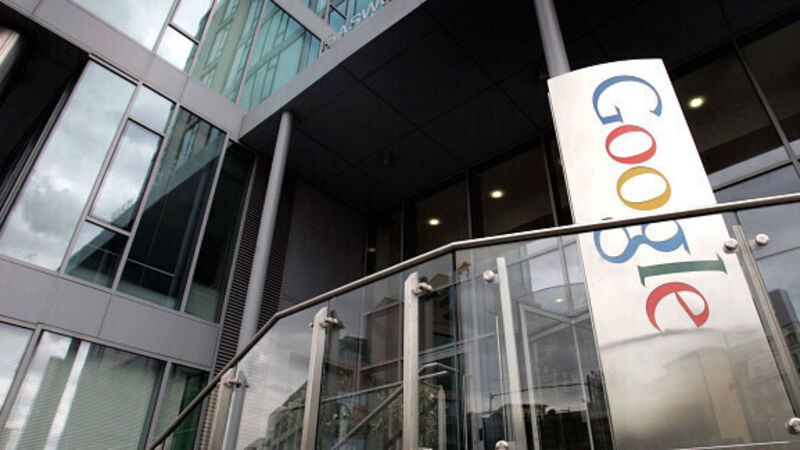Apple and Google: We’ve paid all tax we legally owe

They were appearing, along with McDonald’s and Ikea, before the European Parliament’s committee investigating special tax deals between multinationals and governments, allowing them to minimise the amount of tax they paid to the state, including Apple and Ireland.
They told of the thousands of jobs they have created, directly and indirectly, and are now contributing to, through SMEs and entrepreneurs using their apps and services and availing of franchises.













